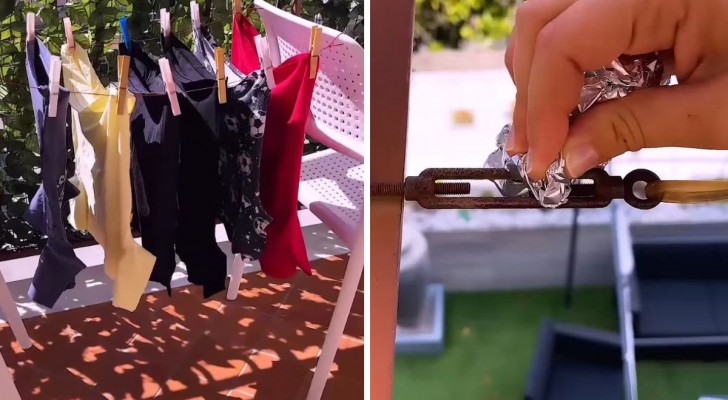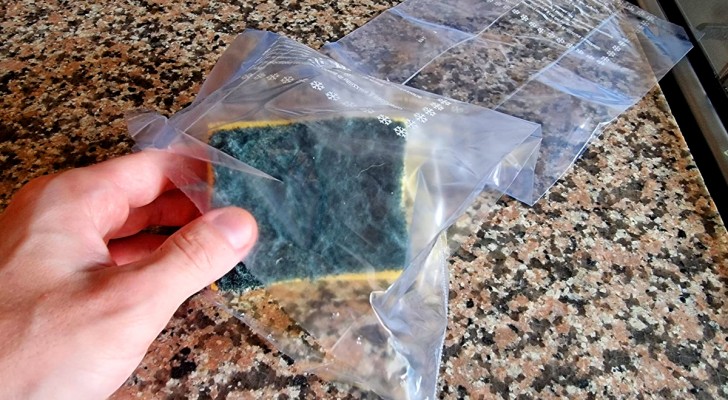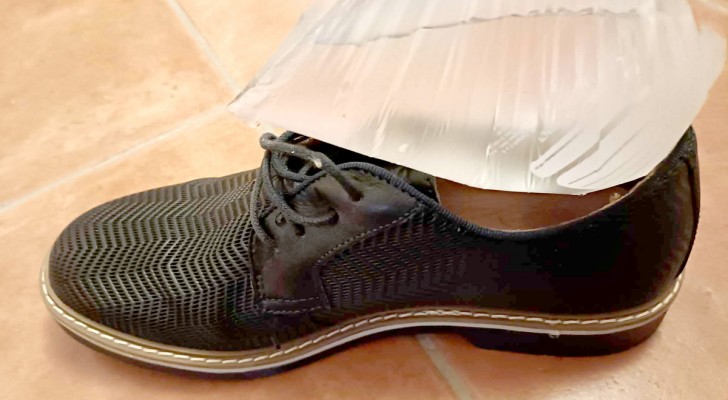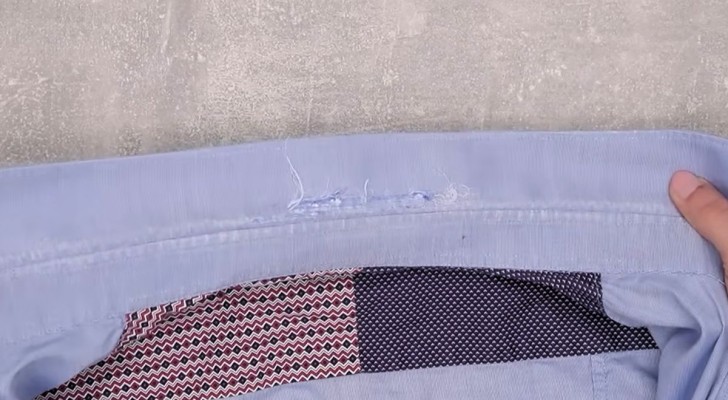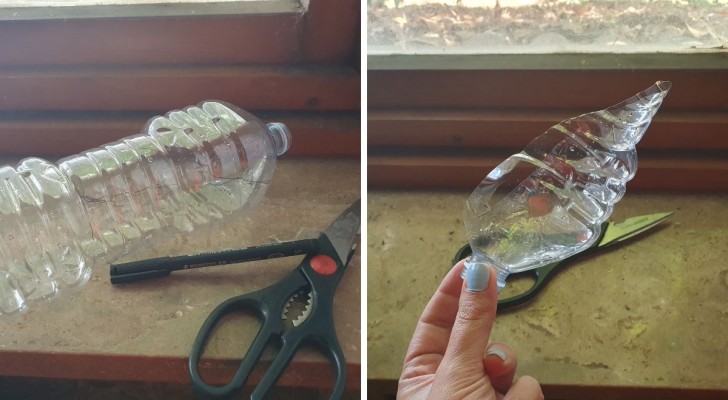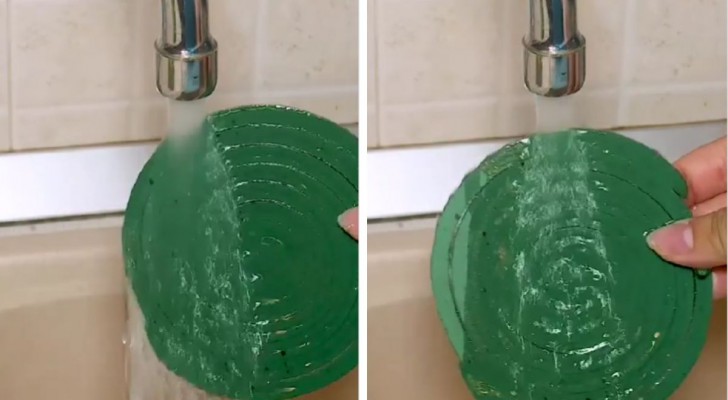The most useful tips to reduce your consumption of hot water are here
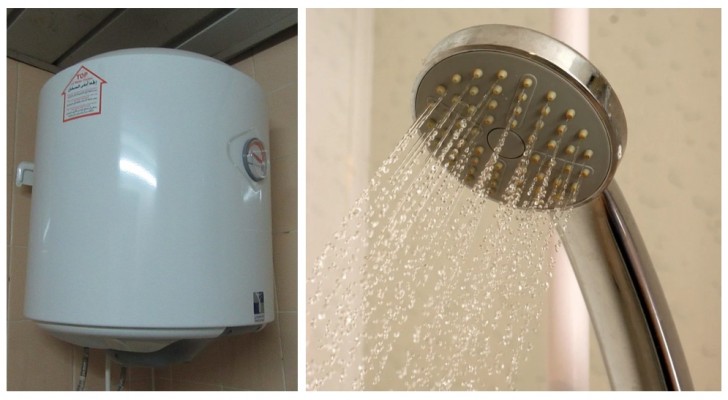
Hot water is an essential convenience in our life, but also a necessity for many hygienic reasons in our various daily activities. As a result, we find ourselves using hot water all year round and especially in the cold seasons, when monthly energy consumption rises, and with this increased usage, we also see an increase in amounts of our electricity bills.
The constant need for hot water does not, however, mean that being able to make cuts in the use of it is impossible. And, of course, by doing so we would also benefit when it comes to paying the various power bills. Take a look below at the most useful tips to achieve this saving - maybe there is something you haven't done yet that could be very beneficial:
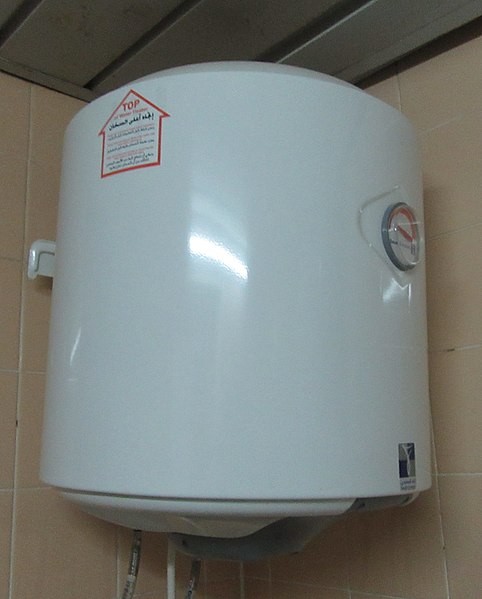
The water heater: checking that the water heater correct functioning is essential. These appliances are in operation almost continuously, and therefore it is easy for certain parts of it to get worn out or damaged. The resistance coil is the first thing that will fail, and must be replaced periodically (the frequency depends on use). Even the entire water heater itself should generally be replaced every 10 years or so. By doing this, you always have a high-energy consumption appliance that works with optimally. In fact, using an old, antiquated water heater can cause you spend up to 20% more on your power bills.
- Insulate the water pipes: especially in areas where low temperatures are common, the water that passes through very cold pipes obviously requires a greater consumption of energy to be properly heated. Adequate thermal insulation, on the other hand, allows you to gain 1 or 2 degrees more, which make the heating systems strain less to make up the difference.
- Set a fixed, maximum temperature: even setting a maximum ceiling between 55 °C and 60 °C (130°F - 140°F) you can easily perform all the activities that require hot water, and without making the water heater work too much.
- When you go away for a few days or more, always remember to turn off the water heaters - they are always an unnecessary cost in an empty house.
- Always consider the capacity suitable for you and your family when choosing the water heater: too small, and it will not satisfy the total needs and maybe you find yourself finishing taking a shower or washing dishes with cold water; too big, and you will use energy unnecessarily to heat water that is not actually used.
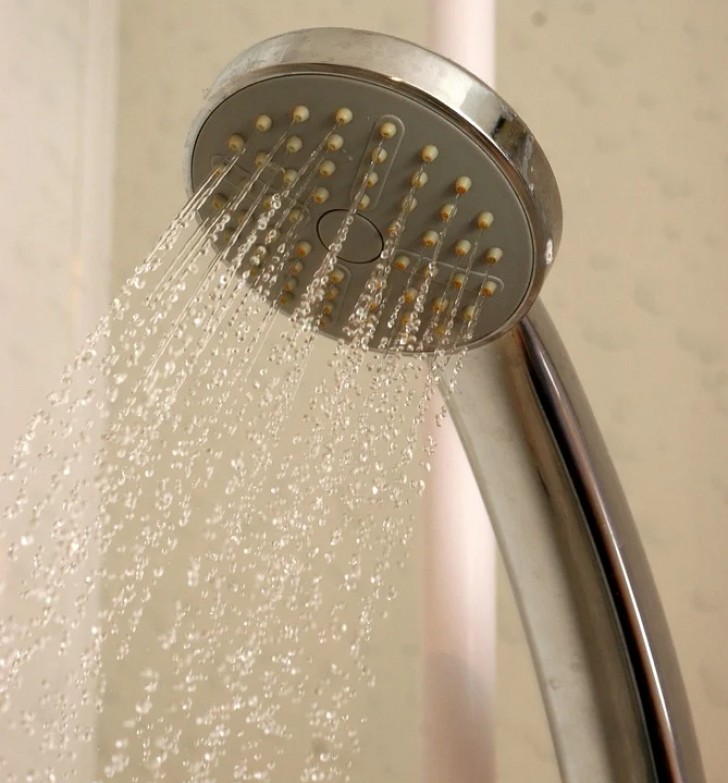
- Take a shower instead of a bath: less water is consumed during a shower than in a bath. Obviously, you must always remember to turn off the water while soaping yourself up, and use the hot water jet only when rinsing yourself off.
- Even when washing your teeth and face, run the water only at the time of rinsing.
- Whenever possible, use lukewarm or even cold water to wash yourself.
- Install shower heads that are water-saving: in fact, there are models on the market that control the quantity of water supplied, so as to use only that which is needed and without unnecessary waste.
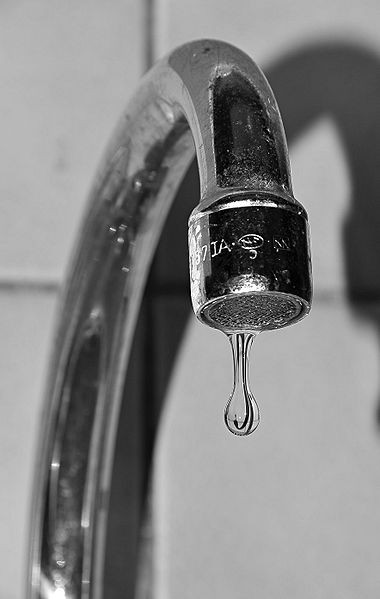
- Always check for any leaks and drips and fix them immediately: it seems like a little thing, but even a constantly dripping tap will affect your bill.
- Check each water delivery system: pipes and appliances can be affected by limescale build-up, so the flow of water is reduced and, as a consequence, energy costs will increase.
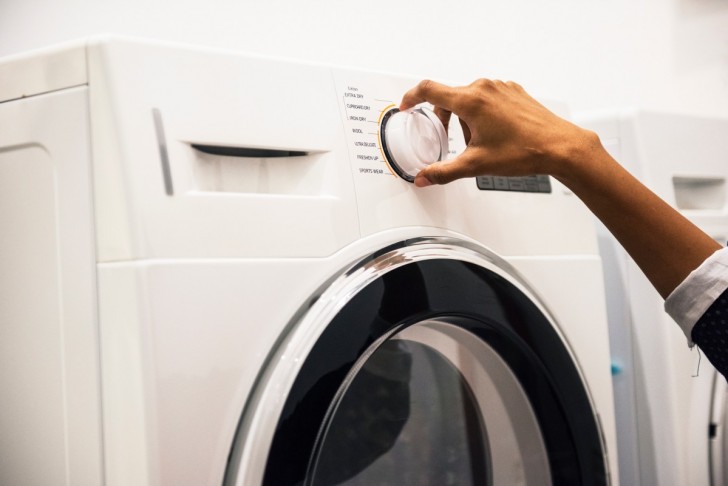
- Use washing cycles at lower temperatures wherever possible: in fact, if you do not have to wash very dirty clothes, just add some sanitizing additives to get the laundry cleaned in the right way - even when using programs which are run at 40 °C (105°F). And among other things, using a low-temperature cycle will ensure that the washing machine itself will also last longer.
- Check if any of your appliances that use hot water (like the dishwasher) has an "eco" mode of use, which should use less water and heat to obtain the same results.
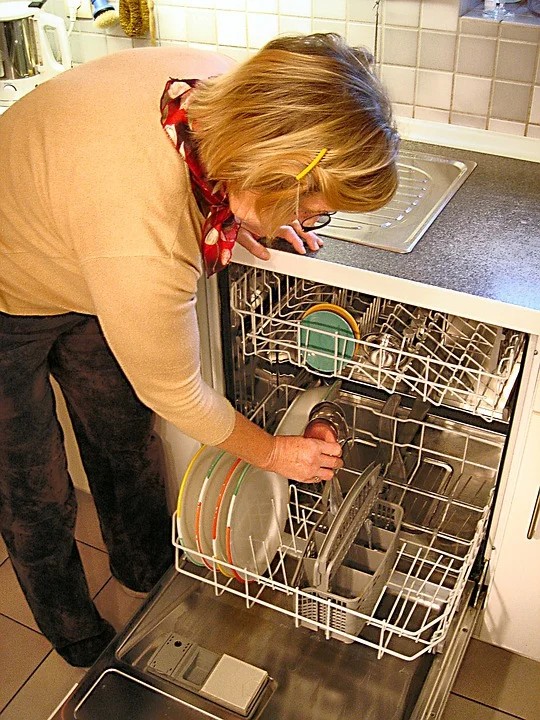
- Unless it is to wash very few dishes, washing dishes in the dishwasher is much better than washing them by hand: when it comes to washing many dishes, much more water is consumed in the sink during hand washing than in the dishwasher, especially if the machine is of the latest generation.
These tips are intuitive and common-sense advice, but taken all together, they can really make a difference to your energy bills!
